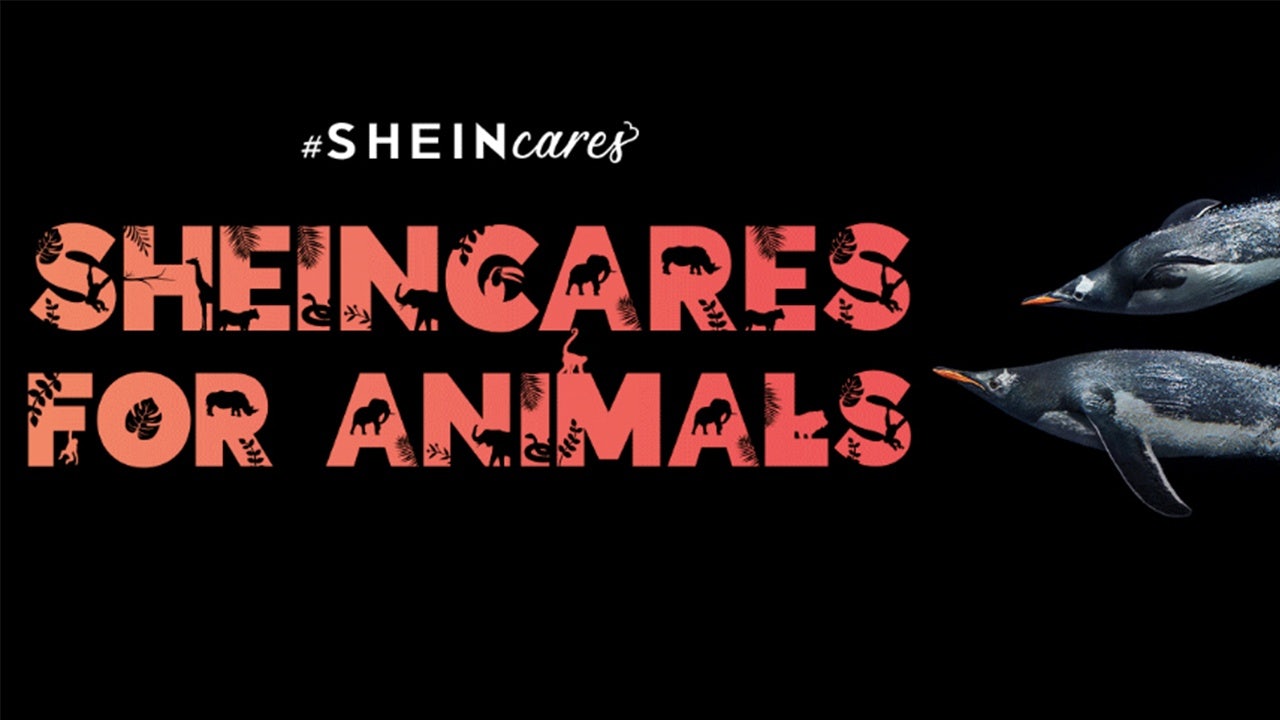What happened
There is no such thing as bad publicity, right? That seems to be the idea for Shein, which has made another round of global headlines this week. On August 8, the Chinese fast-fashion giant launched a challenge on TikTok to promote animal welfare and pledged to donate 300,000 to related charities. By inviting consumers to post pictures of themselves using its animal filters and wearing pieces from its Wild Hearts Collection, the brand has gained over 9 billion views on the #SheinCares hashtag to date.
However, news of this viral campaign has now been overshadowed by another counterfeiting scandal. According to industry watchdog Diet Prada, Shein has been increasingly ripping off indie designers, otherwise described as “those who haven't had the chance to break out on a bigger scale.” Among its latest victims are knitwear designer Bailey Prado, Black-owned fashion brand Elexiay, and earring maker Kikay.
The Jing Take
“Your Passion + Your Action = Beautiful world for our animals,” Shein states on its website. However, in light of the UN’s recent report on climate change, which warns of the environmental catastrophes to come if businesses do not get their act together, the slogan lacks any real punch. For a brand that has been dubbed “the future of fast fashion,” Shein’s donation and TikTok awareness campaign do little to make up for the damages incurred from its core business. What is especially ironic is that Shein’s Wild Heart Collection, which includes cheap, cruelty-free makeup in “eco-friendly packaging” and T-shirts & tote bags, surely does not help make animal habitats any better.
Similarly, Shein’s knockoffs also have ethical and environmental repercussions. By recreating trendy clothing, the company has been able to churn out products quickly, cheaply, and at a lower quality level. In fact, Shein’s production pace is every speedier than other “ultra-fast” sites like Fashion Nova, as it reportedly can churn out the same amount of styles in one day (about 1,000) that its competitors put out in a week. Although this theoretically limits overproduction as the company can send smaller orders to factories, there is no word on what this means for its carbon footprint or work conditions.
As one of the few Chinese companies to have won a global appeal, Shein is in a position of influence. Not only was it the most downloaded e-commerce app in America, but it brought home almost 10 billion in sales in 2020. If the e-commerce leader cares about the environment (as it claims to in its campaign slogan), it should leverage its young audience, social media dominance, and financial resources for a greater purpose than greenwashing. That said, as long as consumers continue to buy, the king of fast fashion is unlikely to relinquish its throne anytime soon.
The Jing Take reports on a piece of the leading news and presents our editorial team’s analysis of the key implications for the luxury industry. In the recurring column, we analyze everything from product drops and mergers to heated debate sprouting on Chinese social media.


